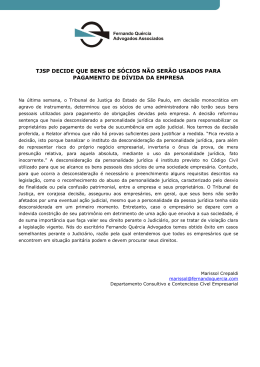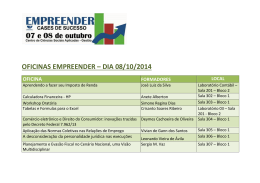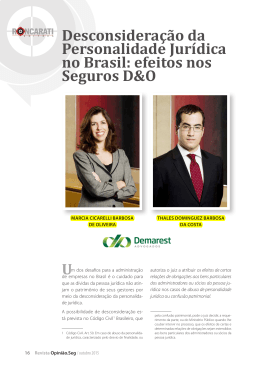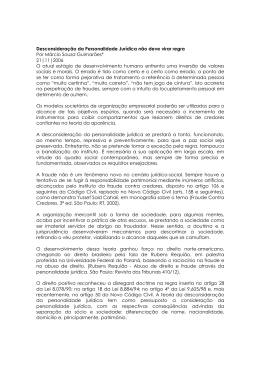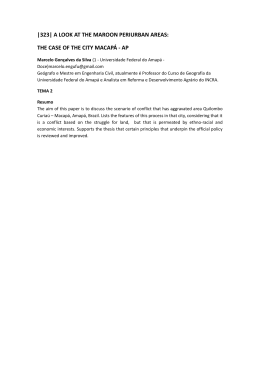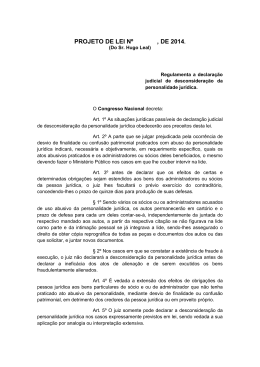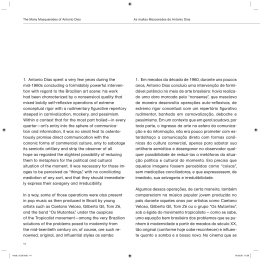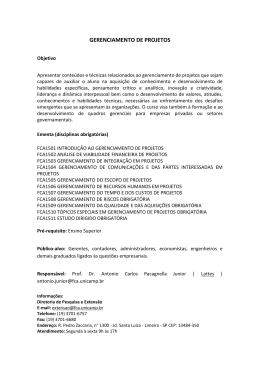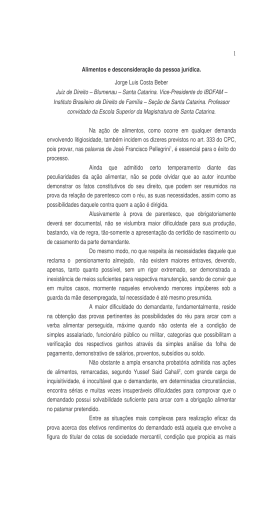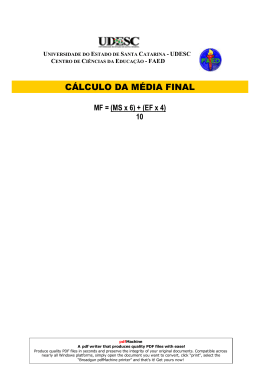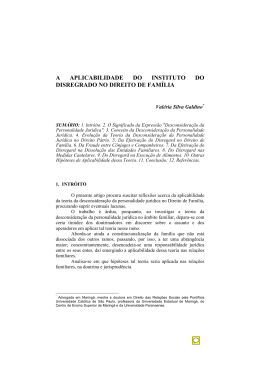5º Congresso de Pesquisa e Iniciação Científica, 3º Encontro de Iniciação em Desenvolvimento Tecnológico e Inovação do UDF e 1º Seminário Internacional LIMITES CONSTITUCIONAIS E O TRIBUNAL DE CONTAS DA UNIÃO: A (IM) POSSIBLIDADE DE DESCONSIDERAÇÃO DA PERSONALIDADE JURÍDICA NO ÂMBITO DO CONTROLE ADMINISTRATIVO Haderlann Chaves Cardoso - UDF Centro Universitário. Vinicius de Carvalho Madeira - UDF Centro Universitário. RESUMO O poder judiciário, nos termos da lei, pode afastar a autonomia das pessoas jurídicas para alcançar o patrimônio dos seus sócios. Porém não há lei que permita essa desconsideração por parte do TCU. Assim, diante da fiscalização de verbas federais exercida por esse órgão, será a possibilidade dessa desconsideração administrativa o objeto desse estudo. O artigo 50 do Código Civil permite que o poder judiciário desconsidere a autonomia das pessoas jurídicas para alcançar o patrimônio dos sócios que as utilizaram fraudulentamente. Esse estudo tenciona verificar a (im) possibilidade de o TCU, no exercício de suas funções, também desconsiderar essa autonomia, a fim de alcançar os sócios que causaram prejuízos financeiros aos cofres públicos. Foram pressupostos do estudo: (a) a análise das competências que a Constituição Federal atribuiu ao TCU (b) o princípio da autonomia patrimonial; (c) a compreensão dos fatores que permitem a desconsideração da personalidade jurídica na seara judicial; (d) a verificação das situações específicas que já permitem a desconsideração no âmbito administrativo; e (e) a necessidade e eficácia prática que respaldariam esse controle por parte do Tribunal de Contas da União. O estudo abrangeu a análise de doutrinas, artigos científicos, teses de doutorado, dissertações de mestrado e decisões proferidas pelo Tribunal de Contas da União e pelos tribunais superiores. O resultado do estudo demonstrou que a aplicação da teoria da desconsideração no âmbito administrativo empresta mais efetividade às decisões proferidas pelo TCU, pois impede que sócios e administradores contornem as punições e continuem contratando com o poder público. A conclusão obtida no estudo ratifica que a ausência de norma expressão não impede a aplicação da teoria da desconsideração no âmbito administrativo. Portanto, é legítima a atuação do TCU para desconsiderar a autonomia das pessoas jurídicas para alcançar os indivíduos que as utilizarem fraudulentamente. Palavras-Chave: Desconsideração da pessoa jurídica. Tribunal de Contas da União. Desconsideração administrativa. THE CONSTITUCIONAL LIMITS AND THE FEDERAL COURTS ACCOUNTS: THE (IM) POSSIBILITY OF THE DISREGARD OF THE LEGAL ENTUTY AT THE CONTROL LEVEL Haderlann Chaves Cardoso - UDF Centro Universitário. Vinicius de Carvalho Madeira - UDF Centro Universitário. ABSTRACT The judiciary, according to the law, can drive away the autonomy of legal entities to achieve patrimony of its partners. But there is no law allowing such disregard by the FCA (Federal Court of Accounts). Thus, owing to the supervision of the federal funds exercised by this institution, is the possibility of that administrative disregard the object of this study. The article 50 of the Civil Code allows the judiciary disregards the autonomy of legal entities to achieve patrimony of the partners who used it fraudulently. This study intends to verify the (im) possibility of the FCA, in the exercise of its functions, also disregard that autonomy, in order to achieve the partners that have caused financial losses to the public coffers. The assumptions of the study were: (a) the analysis of the powers the Constitution attributed to the FCA(b) the principle of patrimonial autonomy; (c) understanding the factors that allow the disregard of the legal entity in the judiciary area; (d) the verification of specific situations that already allows the disregard at the administrative level; and (e) the need and practical efficiency that would justify this control by the Federal Court of Accounts. The study included the analysis of doctrines, scientific articles, doctoral theses, dissertations, and judgments handed down by the Federal Court of Accounts and by the superior courts. The result of the study showed that the application of the disregard theory at the administrative level lends more effectively to the decisions made by the FCA by preventing partners and managers circumvent the sanctions and continue contracting with the government. The conclusion obtained from the study confirms that the absence of standard expression does not preclude the application of the theory of the disregard at the administrative level. It is therefore legitimate to FCA to disregard the autonomy of legal entities to reach the individuals who use it fraudulently. Keywords: Theory of legal entity. Federal Court of Accounts. Administrative disregard.
Download
